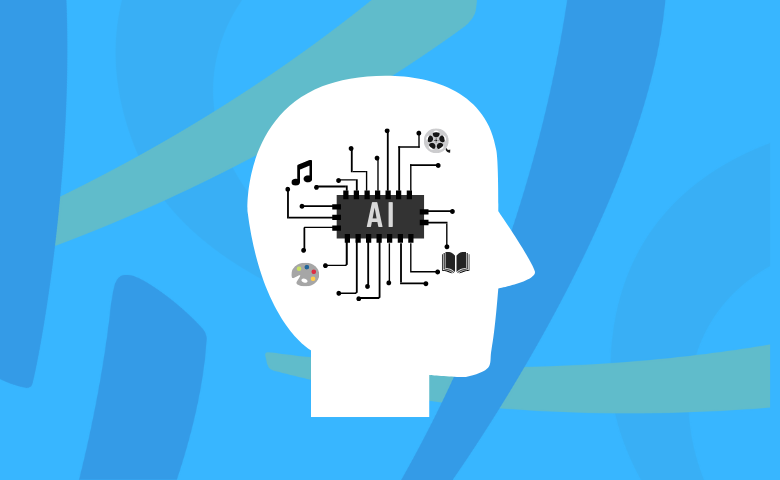Update on AEC advocacy activities – October

Part of the AEC advocacy activities is representing the interest of AEC members by taking part in stakeholder groups and acting as a natural contact for the EU institutions when matters concerning Higher Music Education are discussed.
After being included in hearings on the Artificial Intelligence topic, which is at the moment obviously ranked high on the EU’s political agenda, AEC participated in an online stakeholder workshop on the ‘Opportunities and challenges of Artificial Intelligence (AI) Technologies for the Cultural and Creative Sectors’ that was organised on 30 September on behalf of the European Commission Directorate-General for Communications Networks, Content and Technology (DG CNECT) and Directorate-General for Education, Youth, Sport and Culture (DG EAC).
The ever-growing amount of digital content produced across the cultural and creative sectors and the progress of Artificial Intelligence (AI) technologies have created new and transformative opportunities in various fields. In the cultural and creative sectors, AI can for instance support managing catalogues, forecasting trends, support decision-making, assist with laborious tasks of content production and save time for more human creation.
Next to the opportunities that technology gives, AI is also creating new challenges that need to be addressed. AI technologies are mainly used where there is a large economic incentive and therefore AI for educational purposes is lagging behind. One of the key takeaways from the workshop is that there will be a demand for AI education and that HMEIs will have to gain competence to keep up with the developments in order to be able to educate students to take advantage of the possibilities that the technology creates.
It was interesting to see that many actors in the music sector are taking great advantage of AI when managing all kinds of data. However, as soon as it comes to carrying out or even only supporting creative work, reluctance and scepticism prevail, even among the producers of commercial music, who could most likely be expected to be keen on using AI in composing and producing music in order to reduce costs. AI is considered to be suited to take over certain routine processes, such as automated instrumentation based on the repetition of previously identified patterns, but at the time being none of the stakeholders sees AI as a means to replace the creative process as such. The most fascinating research and experimentation outcomes on computer-aided creative processes of music-making are currently being delivered in the fields of computer improvisation, performer-computer co-creativity, real-time music generation and AI-driven music search.
Another challenge addressed during the workshop was the need for algorithm transparency. Upcoming AI regulation should include an ethical framework to ensure that algorithms and the data behind AI are not biased, manipulative or contribute to creating monocultures. Also, the existing copyright laws were not designed with AI technologies in mind, so ensuring copyright protection will be critical.
The workshop was part of a study exploring the opportunities and challenges of AI for the Cultural and Creative Sectors taking into account the needs of each sector, including smaller European players. The study will be finalised this year and will provide ideas and inspiration in the form of use cases and recommendations.





